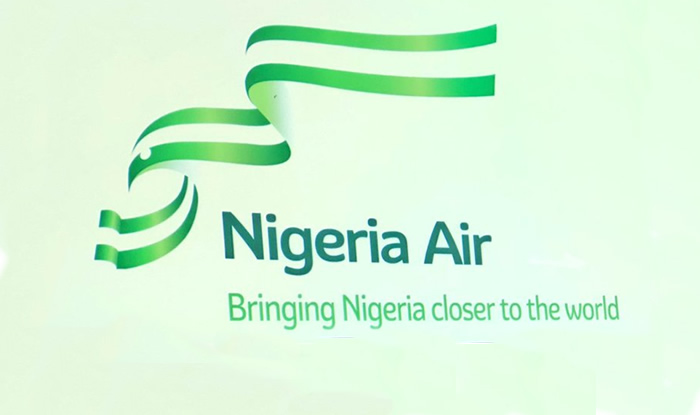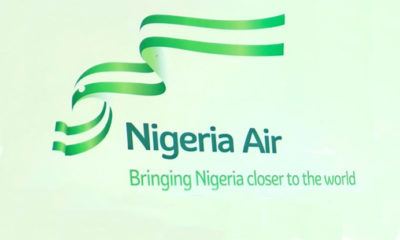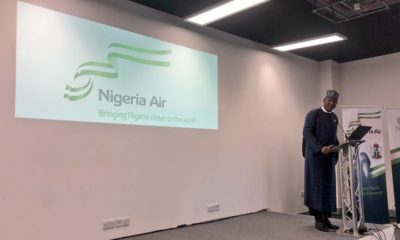- Nigeria Air: US, Others Show Interest
The Federal Government on Thursday disclosed that the United States of America and France are interested in Nigeria Air project.
Speaking at the 5th Aviation Stakeholders’ Forum in Abuja, the Minister of State for Aviation, Hadi Sirika, dismissed claims that project was suspended due to the lack of investors.
He said the national carrier was suspended because of Lufthansa, the first Transaction Adviser, contracted to develop a framework for the ownership model in the privatisation and shareholding process, did not complete the process due to outrageous demands.
The demands are opening of an escrow account, refusal to pay tax and demand for 75 percent upfront payment.
Sirika said, “There was fake news that we suspended the process because there was no investor. That is not true. Already IDB, AfDB, AFREXIM, US-EXIM, Standard Chartered Bank, Boeing, Airbus, COMAC/CCECC, BOAD, China-Exim, Qatar Airways, Ethiopian Airlines, Deutche Infrastructure Finance, all of them, including the governments of France and US, have written us to say they are committed to this project, that they want to donate and partner.
“And you know why? It is because they want to export their markets. They want to sell their aircraft. And this is because we don’t have and we can’t produce aircraft. So their (US and France) governments have the responsibility to promote their businesses and that is why they wrote to us that they want to partner. So we have investors.”
The minister put the estimated funding for the project at $300 million up to 2020, and an initial start-up capital of $55m made up of $25m for the deposit for new aircraft and $30m for working capital from June to December 2018.
“Estimated working capital for 2019 is $100m. Estimated working capital for 2020 of $145m to be provided by the strategic equity partners who are expected to manage the project,” Sirika said.
He added, “The suggestion that Aero and Arik airlines, which are under the control of Asset Management Corporation of Nigeria, should be merged to form a national carrier is not tenable as the national carrier would get entangled with huge indebtedness of the airlines, litigations and other encumbrances.”
The minister went ahead to explain that another major factor that stalled the process for the establishment of the airline was “the inability of the Federal Government to provide a sovereign guarantee for the procurement of 30 aircraft estimated at $300m in a staggered payment till 2020.”
On the branding and unveiling of Nigeria Air in London recently, Sirika said the entire process cost about N50, 893,000.
He said, “The Transaction Adviser for the national carrier coordinated the campaign and provided the additional services that included the development of the brand strategy and the media strategies relating to the unveiling of the airline.”

 Naira4 weeks ago
Naira4 weeks ago
 Naira4 weeks ago
Naira4 weeks ago


 Naira4 weeks ago
Naira4 weeks ago




 Naira3 weeks ago
Naira3 weeks ago
 Commodities4 weeks ago
Commodities4 weeks ago


 News4 weeks ago
News4 weeks ago


 Banking Sector4 weeks ago
Banking Sector4 weeks ago
 Travel4 weeks ago
Travel4 weeks ago
















